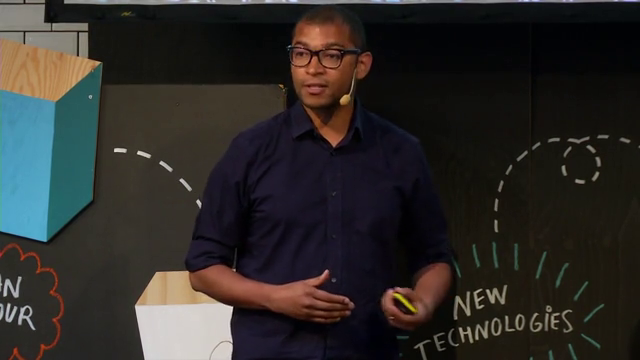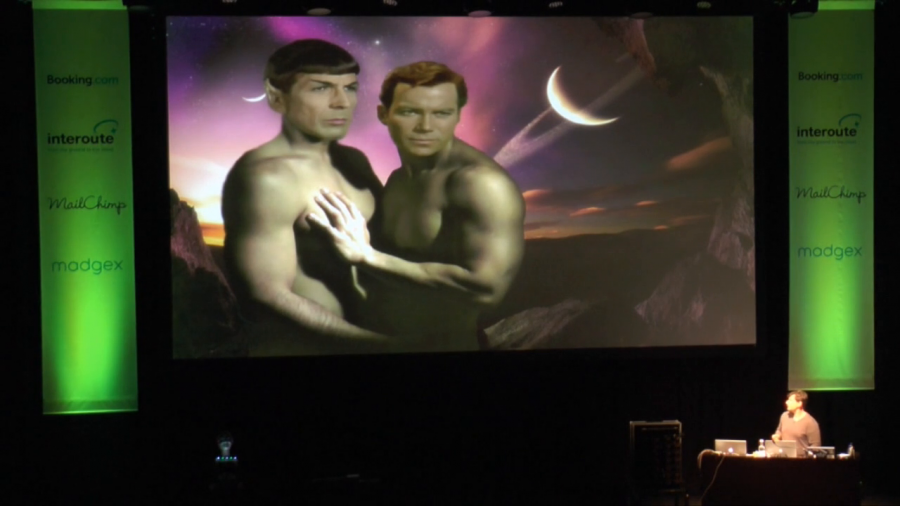What’s key…is that we all need to work together. There’s no way for all of us to know about each other. We’re in that part of this new way of being that there’s too many players. It’s too chaotic. There is no center, there is no hub. But we need to find ways to work together, and to lose the idea that any one of us is the solution. Because if any one of us were the solution, we wouldn’t be where we are now.
Archive (Page 3 of 3)
We’ve got two paradoxical trends happening at the same time. The first is what I call in my book “the cult of the social,” the idea that on the network, everything has to be social and that the more you reveal about yourself the better off you are. So if your friends could know what your musical taste is, where you live, what you’re wearing, what you’re thinking, that’s a good thing, this cult of sharing. So that’s one thing that’s going on. And the other thing is an increasingly radicalized individualism of contemporary, particularly digital, life. And these things seem to sort of coexist, which is paradoxical and it’s something that I try to make sense of in my book.
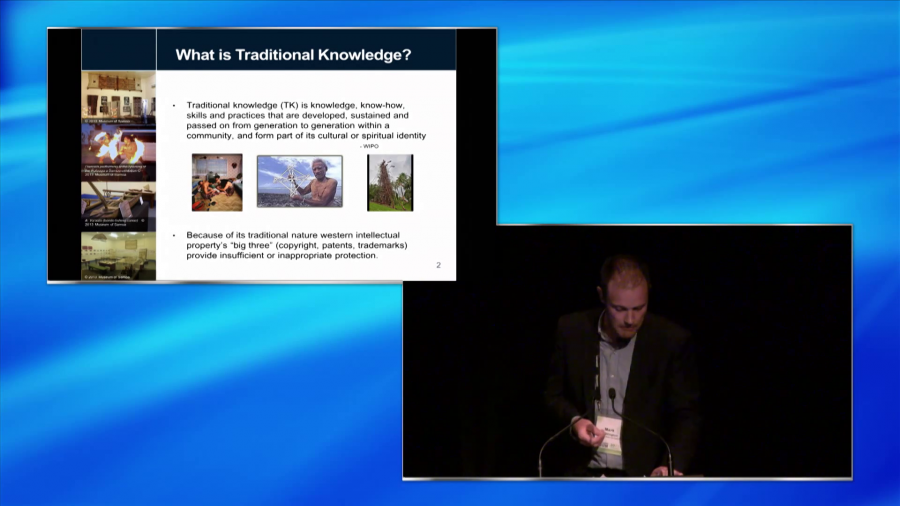
So what would this mean for those with an interest in digitization? Despite being a new legal framework, the proposal may lead to some familiar problems for cultural heritage institutions. Many of you are aware of the problem of orphan works in copyright. This is where the owner of a protected work is unidentifiable or uncontactable, and because they can’t be found it follows that they can’t grant permission to others to copy their work.
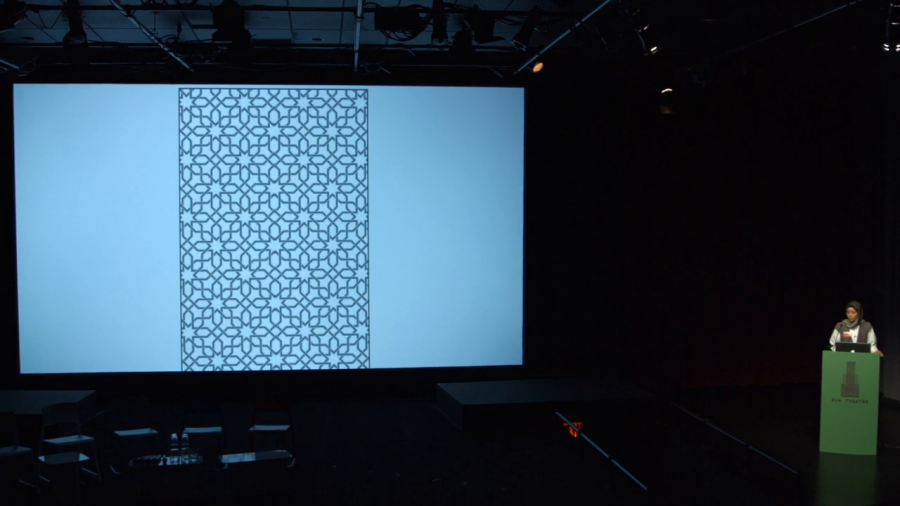
If you are given the task to lecture on design somewhere in the Middle East, do you think you’ll need to tailor your approach? Maybe think about your references, the language, the vastly different background? The answer most probably is “yes.” But the reality of design education in the Middle East, and more specifically the Gulf Region, prove otherwise.
Food has always been tightly intertwined with culture and identity. As a result, it’s also been a common target of colonialism. Colonizers understood that by wiping out people’s food traditions, it would be easier to wipe out their origins, their identity, and their history. This kind of trend isn’t only in the past, though. In many areas of the world, dietary habits are changing, food inequality is rife, and somehow both obesity and hunger are on the rise on a global scale.
Throughout the colonies of the various European powers, water engineers used dams, ditches, and sluices to control the flow of water. They claimed that their approach to water management was more rational and efficient than existing indigenous approaches.
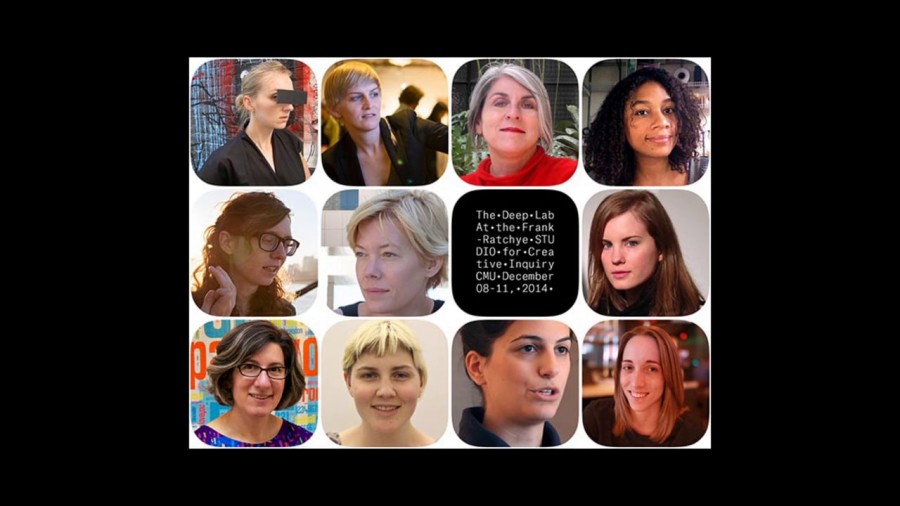
I conceived to invite Addie Wageknecht, who is an American and Austrian artist, who’s been dealing with issues of privacy and security to say, “What would you do?” and she proposed to get a dozen of the baddest-ass ladies that she knew together to brainstorm what it meant to make art nowadays, and to deal with culture.

